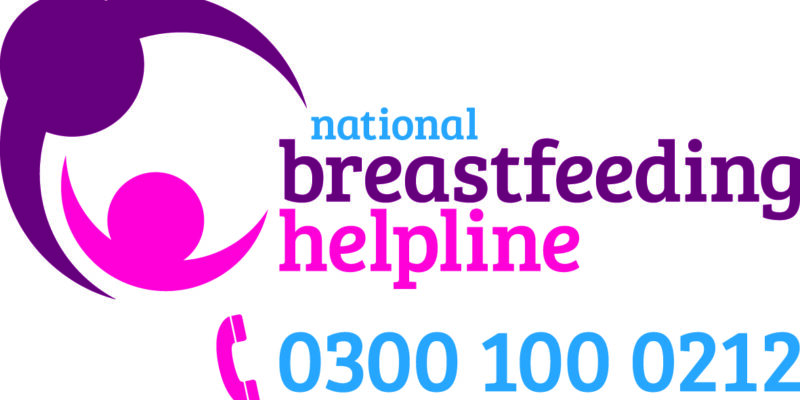
During the Covid pandemic this year, the National Breastfeeding Helpline has provided (and continues to do so) a vital service to families, offering evidence based, non-judgmental, unbiased, accessible breastfeeding information and support to anyone who needed it.
The helpline, funded by the Scottish Government and Public Health England, was already open from 9.30am-9.30pm 365 days a year, but in March, as face to face breastfeeding support options became ever more restricted, or completely unavailable, and as ante and postnatal support was massively reduced, along with already overstretched midwives and health visitors now unable to make face to face visits, the helpline moved quickly to step up its offer of support to families even further – volunteers answered hundreds more calls, webchats and social media messages from parents desperate for support.
Because the helpline was already working in a ‘virtual’ way – all calls, webchats and social media messages are answered by highly trained volunteers based in their own homes – there was little we needed to do from a practical point of view, but we understood the additional demands on volunteers (who, like the rest of us, were now homeschooling, caring for kids, elderly parents and extended family, shopping for neighbours, working full time from home, panicking about the state of the nation at the same time as running zoom quizzes!) and needed to ensure they felt well supported and able to give time to the helpline.
So we did all we could to increase the numbers of volunteers available to take calls. Some volunteers chose to return from retirement, and trainees decided to fast-track their training so they could qualify and start supporting sooner. We also increased our offer of remote supervision and support for our volunteers; provided online training in the form of webinars and group video calls; and kept morale up with lots of thank yous and a steady supply of chocolate in the post!
We also introduced new measures including a voicemail return service – allowing callers to leave a message if they were unable to get through first time. Emergency funding from the Scottish Government and PHE for this enabled us to employ 14 of our most experienced volunteers in part time, flexible, paid roles and has made a huge difference to the number of callers we have been able to support.
By introducing these measures, and without losing any of the quality and patience that callers to the helpline expect, we have been able to support many, many more families at a time when the support was more needed than ever. We’ve answered 124% more calls between April – September this year in comparison to the same period in 2019. And not only have we answered more calls, we’ve spent longer on calls as well – 60% longer. Our average call length this year so far has been around 20 minutes.
We have noticed some differences in the types of issues callers have been asking about this year – most significantly an 11% increase in the number of callers needing information about positioning and attachment – the basics of how to breastfeed really – perhaps this is because fewer new parents have been able to access face to face support while pregnant or in the early days.
The National Breastfeeding Helpline is run as a partnership between the Breastfeeding Network and the Association of Breastfeeding Mothers and is open 9.30am-9.30pm every day of the year on 0300 100 0212.
Felicity Lambert is the Manager of the National Breastfeeding Helpline.
View the National Breastfeeding VHS Annual Poster Competition Entry here.
Vote for your winner here!
www.facebook.com/nationalbreastfeedinghelpline
www.twitter.com/NBHelpline
www.instagram.com/nationalbreastfeedinghelpline
